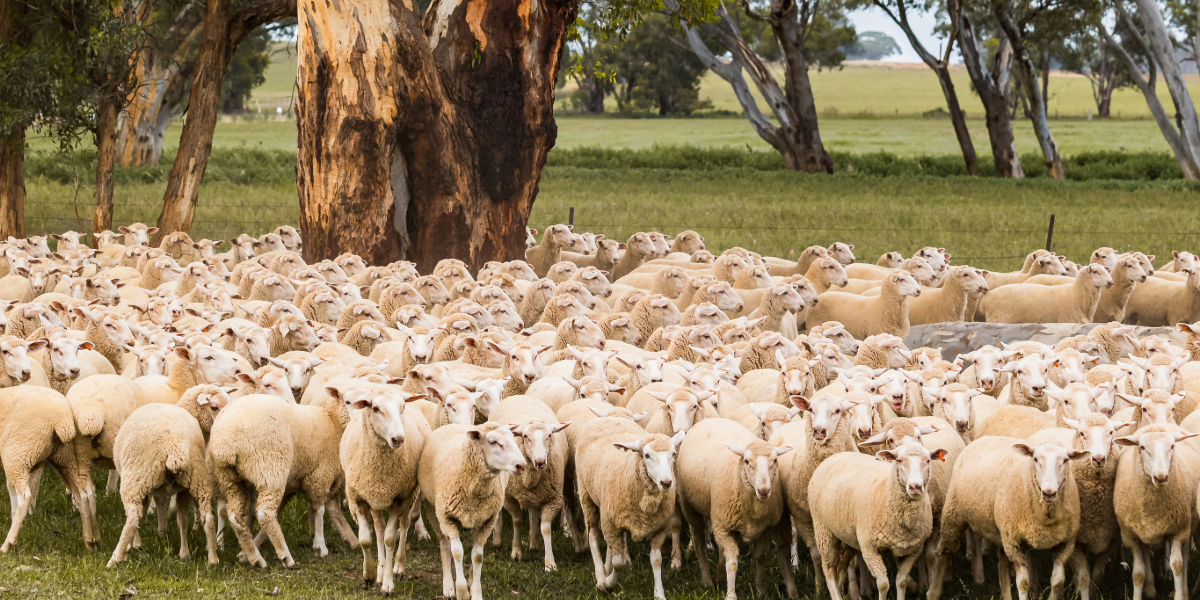The Australian sheep flock is continuing to experience genetic gain driven by ongoing improvements in the Sheep Genetics program, as revealed in a new report released by Meat & Livestock Australia (MLA).
Genetic progress continued to increase in 2023–24 with an average of 4% genetic gain across the three main analyses: MERINOSELECT, LAMBPLAN and KIDPLAN. This progress is linked directly to improvements in on-farm productivity, profitability and sustainability, with this information detailed further within the Sheep Genetics Annual Outcomes Report for 2023-2024.
According to Manager for Sheep Genetics at MLA, Peta Bradley, the increase in genetic gain is a testament to the Sheep Genetic clients focus on genetic progress and associated recording.
“Sheep Genetics has continued to work closely with ram producers to increase the number of animals included in the genetic evaluations while also driving genetic progress,” Ms Bradley said.
“An enabler of this genetic gain has been the world leading evaluations delivered by Sheep Genetics and driven through the R&D of the Animal Genetics and Breeding Unit (AGBU) at the University of New England.
“In addition, the adoption of genomic testing has also reaped rewards for the industry. Genomic testing allows for genetic progress to be made for traits that are hard-to-measure like as eating quality, adult fleece traits and reproduction.”
The 2023–24 financial year was another impressive year for genotyping volume, with 250,000 new genotypes being submitted into the database. As of the end of June 2024, the MERINOSELECT evaluation included 4.1 million animals, while LAMBPLAN terminal and maternal evaluations included 3.9 million and 2.8 million animals, respectively.
“It is exciting to see the launch of the final versions of the MERINOSELECT indexes as part of this year’s analysis enhancements implemented earlier in 2024,” Ms Bradley said.
“These indexes include new welfare and sustainability traits while still enabling genetic progress for key production traits.”
The increase in number of genotypes, rate of genetic progress and number of animals submitted to Sheep Genetics means that sheep producers have access to more animals with Australian Sheep Breeding Values (ASBVs) than ever before and the merit of these animals is continuing to improve.
Another key highlight for the Sheep Genetics program was the introduction of the Sheep Genetics ‘Ewe-niquely Genetics’ podcast, launched in April 2024, and debuted in the Top 15 science podcasts on Spotify.
The Sheep Genetics team delivered a range of training, workshops and information sessions across the country, reaching more than 1400 direct Sheep Genetics clients and commercial sheep producers.
This engagement through events is focused on tailored communication between breeders, service providers and the Sheep Genetics team.
“Thank you to everyone who contributed to the Sheep Genetics program over the past year. We look forward to working with you as Sheep Genetics celebrates 20 years in 2025,” Ms Bradley said.
Read more in the full Sheep Genetics Annual Outcomes Report 2023-2024
Don’t miss any of the important stories from around the region. Subscribe to our email list.


